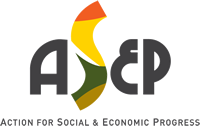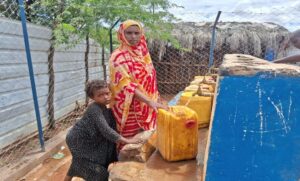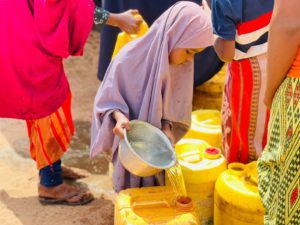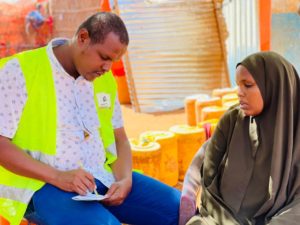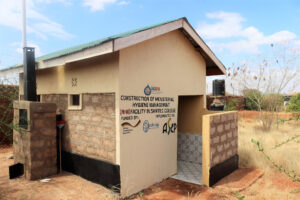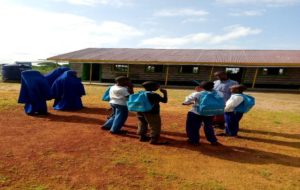In Somalia, Gedo region, people rely on seasonal river as their main source of water. The seasonal River dries up in the first months of the year. Families move from one place to another in search of water for consumption and use. Due to the water shortage in the areas, there are incidents of water-related conflicts among users at the water points; it is also common for young girls to not attend school, as they are expected to join their mothers in the quest of water. With access to clean water nearby, the time spent fetching water is drastically reduced from 6 hours to 30 minutes. As a result, water-related conflicts have been solved and the number of girls attending primary school in the communities has DOUBLED since the installation of water tanks and the construction of water kiosks by ASEP. Not only have more children been able to go to school, but student’s studies have improved as they now have more time to focus on their education.
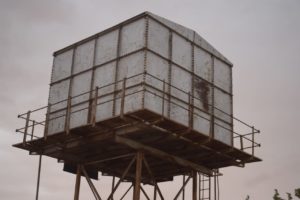
Muhubo’s family is among the residents of Baled Amin Village which is located in Baled hawa District, Gedo Region, Somalia. They are among those who benefited from the water supply as well as modern water kiosks constructed in the village by ASEP.
This family was constantly on the move in search of safe water for their consumption before the intervention of ASEP. Now the family has clean water accessibility and can stay in one place. As a result, Muhuba’s children can now attend school and complete their studies without having to move from one place to another.
ASEP in partnership with Arche-Nova and funding from BMZ changed the fortunes of baled amin residents and Muhubo’s family by constructing a water kiosk fitted with taps for convenience. The installation of the taps reduced the waiting time during water collection, promoted the security of women and girls.
The project has improved water access to approximately 750 people living in the village of Baled Amiin. Women and girls who bear responsibility of fetching water now spend less time fetching it. In an interview with a beneficiary, Ms Muhubo praises the project and its benefits to her household and the impact at community level.
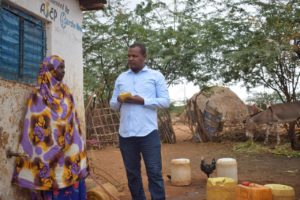
“…I used to fetch water from the river with a jug to fill my Jerry cans, Before the water system was installed, the people here had no any other regular source of water other than the seasonal river which is dry in the first quarter of the year. However, now I easily fetch about six Jerry cans. I used to witness incidences of water-related conflicts among users at watering points but now I haven’t witnessed any since the completion of this project. The project has saved both my energy and time of fetching water by half.” Ms Muhubo reported.
